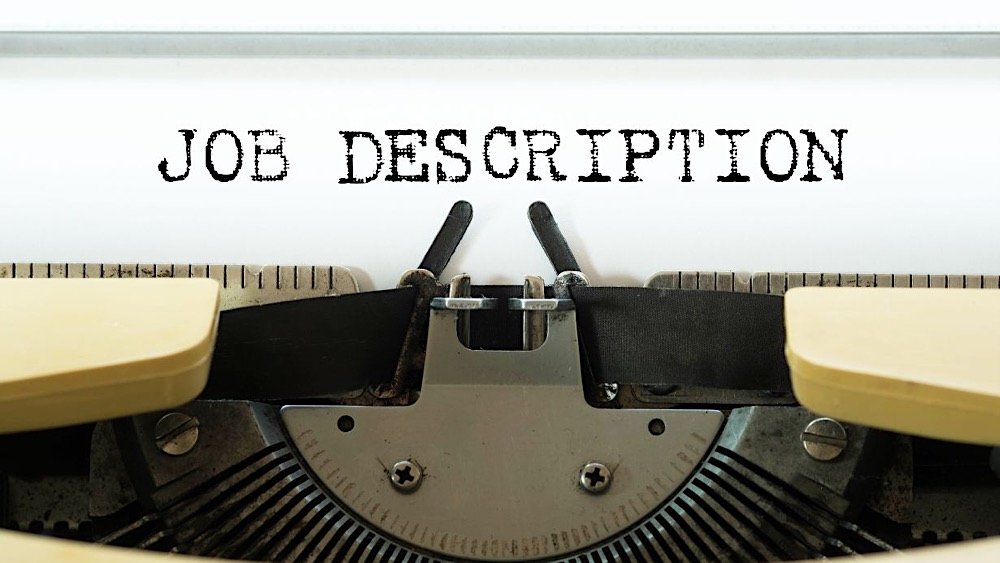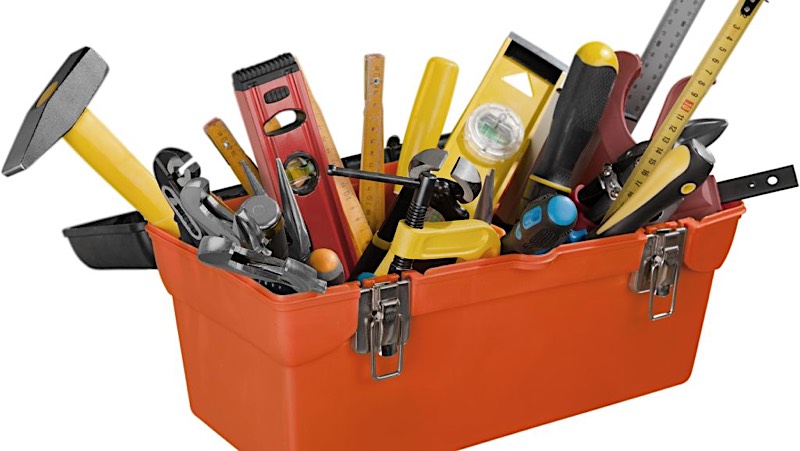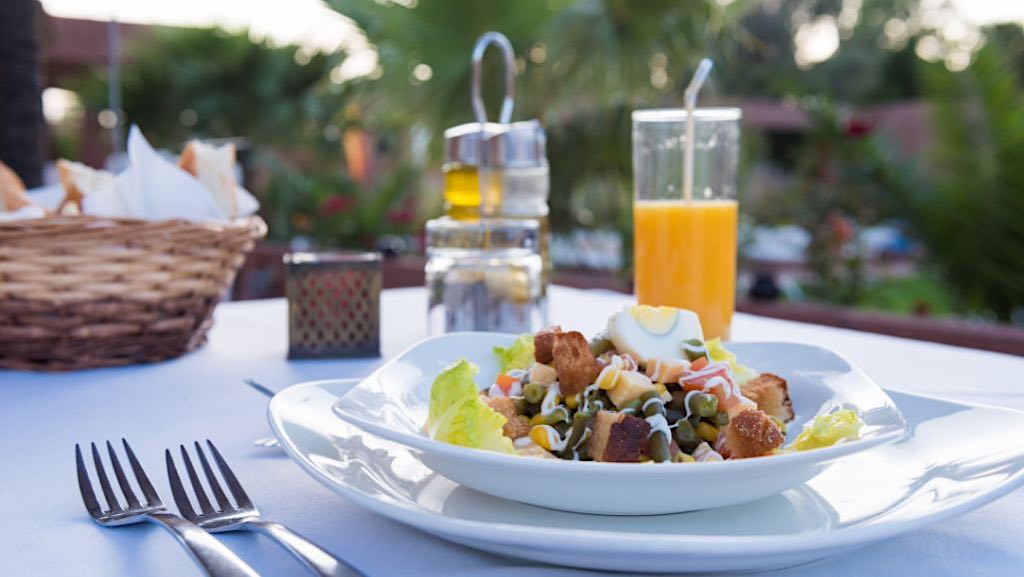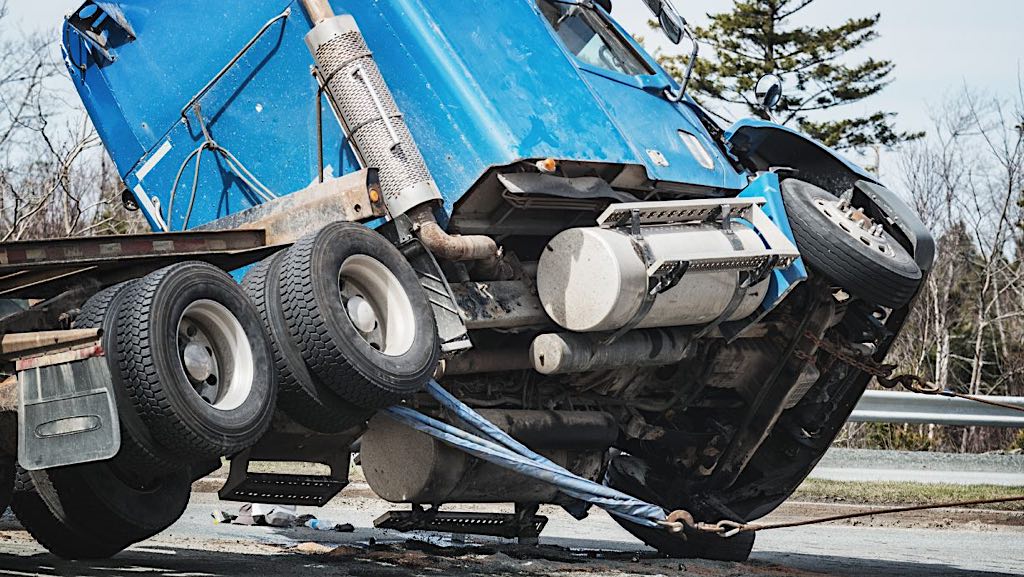 A rental property is a significant investment that you have no choice but to entrust to total strangers. Landlord Insurance can protect you, your property, and your tenants. However, as an investor, you are probably looking to make a profit on your rental property, so you want to ensure you have the right coverage at the lowest cost possible.
A rental property is a significant investment that you have no choice but to entrust to total strangers. Landlord Insurance can protect you, your property, and your tenants. However, as an investor, you are probably looking to make a profit on your rental property, so you want to ensure you have the right coverage at the lowest cost possible.
Understanding Landlord Insurance and working with the right insurance agent can help ensure that happens.
5 Landlord Insurance FAQs
1. What is Landlord Insurance?
Landlord Insurance is a unique type of homeowners' insurance that protects your property – house, condo, guest house, apartment building, commercial building, etc. – if you rent it out to someone else. Rental properties present unique risks, and homeowners' insurance won't cover damage to a rental property or protect you against any lawsuits related to the property. Landlord Insurance does this and more. Typically, Landlord Insurance is not required by law, but most lenders will require it, and it makes good business sense.
2. What Does Landlord Insurance Typically Cover?
Landlord Insurance is customized to your needs so that coverage can vary. However, most landlord insurance will cover the following against fire, lightning, smoke, explosion, hail, aircraft, vehicle, windstorm, and vandalism:
- Damage to property
- Liability claims
- Legal expenses
- Loss of rental income
Typically, landlord insurance does not cover the following:
- Maintenance
- Equipment breakdowns
- Tenant's personal property
Optional Riders landlords may want to consider:
- Burglary – This covers items – such as refrigerators, ovens, washers, and dryers - owned by the landlord but used in a rental property.
- Vandalism – This rider is helpful for properties in high-crime areas. It covers damage – such as graffiti, cement in the plumbing, etc. – done by someone breaking into the property.
- Non-occupied Dwelling – If a property or unit is vacant for an extended period, your landlord insurance may not cover claims during that time. For example: if you are remodeling or making major repairs to an apartment, a non-occupied dwelling rider will extend your coverage.
- HVAC Loss Reimbursement – This rider covers mechanical breakdowns of your HVAC system.
3. Do I Need Landlord Insurance if My Tenants Have Renters Insurance?
Renters' insurance typically includes personal property coverage, renters' liability insurance, guest medical expenses, and additional living expenses against disasters, such as fire, theft, and vandalism. It does NOT cover the building.
Renters' insurance is also not required by law, and only 55% of U.S. renters purchase it to protect their property. However, landlords can make renters' insurance a requirement of a tenant's lease, and "75 percent of insured renters are required by their landlords to obtain renter's coverage."
While renters insurance will NOT cover your property, there are many benefits of requiring renters insurance:
- Mitigates the threat of a lawsuit
- Reduces your responsibility
- Helps you find responsible tenants
- Covers your deductible
- Provides peace of mind
4. Are Landlord Insurance Premiums Tax Deductible?
Yes. Because owning and renting property is a business, your Landlord Insurance is considered an expense, and the premiums you pay are tax deductible.
5. How Can I Lower Landlord Insurance Costs?
Here are eight tips to help you save on Landlord Insurance costs:
- Properly maintain your property
- Install safety features, such as security cameras, smoke detectors, and alarms
- Make renters' insurance a requirement
- Increase your policy's deductible
- Pay your premium annually
- Bundle insurance policies
- Don't pay for coverage you don't need
- Work with one of the independent Landlord Insurance specialists at American Insuring Group
Don't Overpay for Landlord Insurance!
Now that you understand Landlord Insurance better, be sure to contact one of the independent agents at American Insuring Group so you can start saving! We help you get the best price on the coverage you need.
Call (800) 947-1270 or (610) 775-3848, or connect with us online.



 When we think of ways to lower the number of claims to reduce
When we think of ways to lower the number of claims to reduce  Workers' Compensation
Workers' Compensation Toolbox talks are designed to improve safety, minimize the risk of injury, and save money – including
Toolbox talks are designed to improve safety, minimize the risk of injury, and save money – including  Restaurant Insurance
Restaurant Insurance When we think about factors that increase
When we think about factors that increase  No employer wants to pay more for
No employer wants to pay more for  The more injuries your workers sustain, the higher your
The more injuries your workers sustain, the higher your  Restauranteurs are always looking for ways to attract more customers, but it's important to consider any additional risk and
Restauranteurs are always looking for ways to attract more customers, but it's important to consider any additional risk and  If you are or are planning to become an independent owner-operator, you must ensure that you have the right
If you are or are planning to become an independent owner-operator, you must ensure that you have the right 



